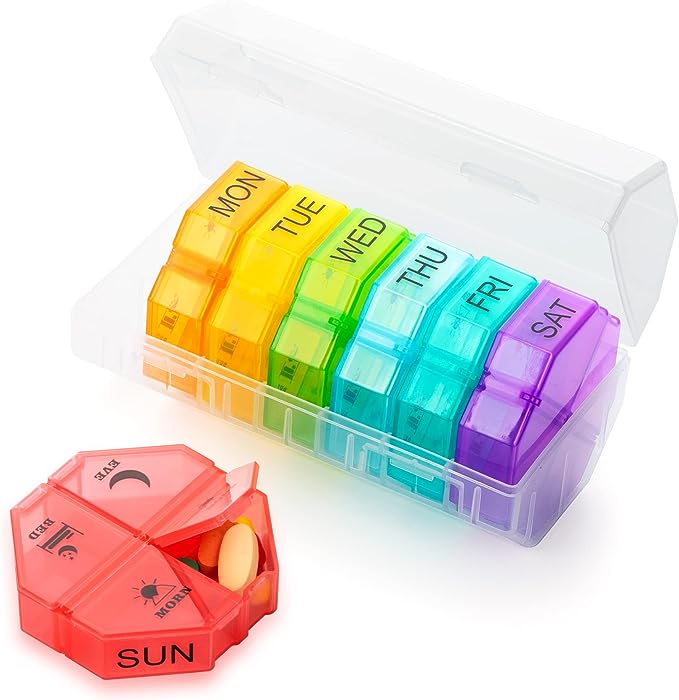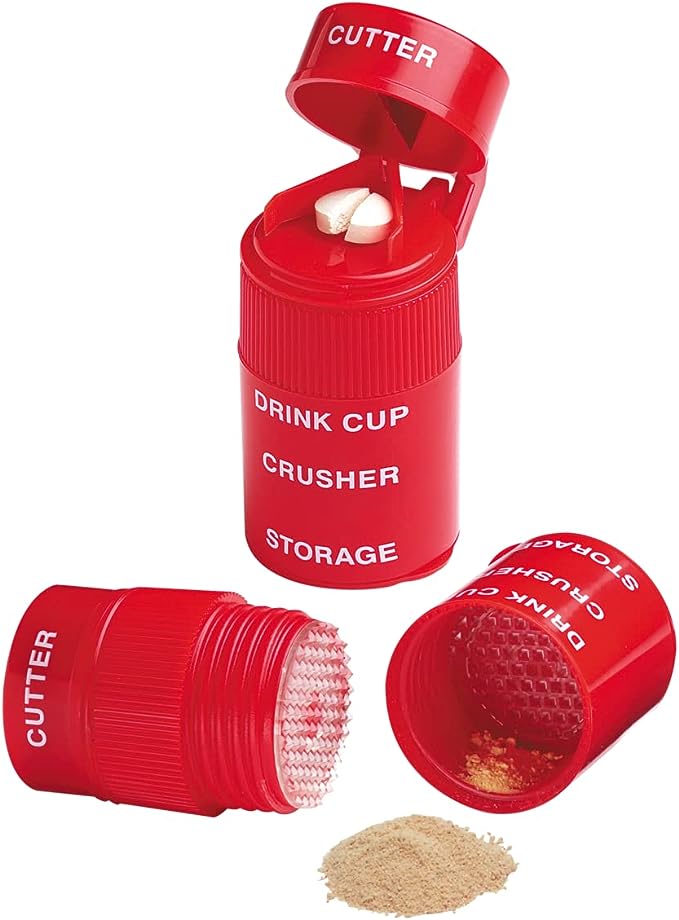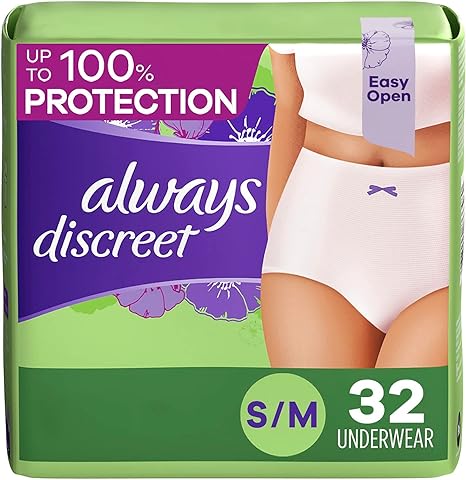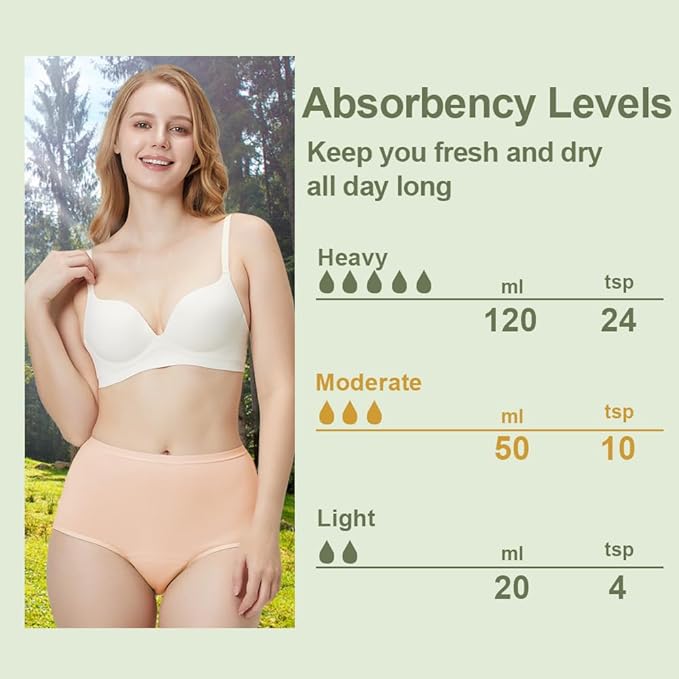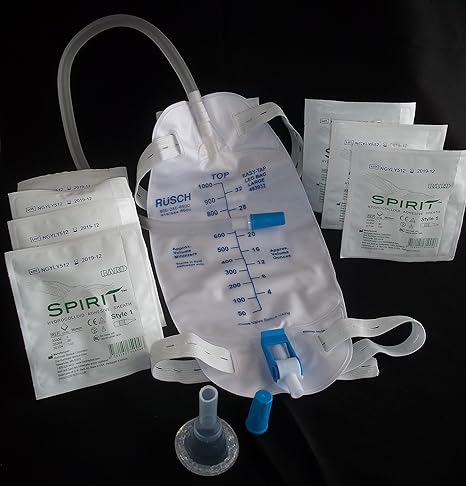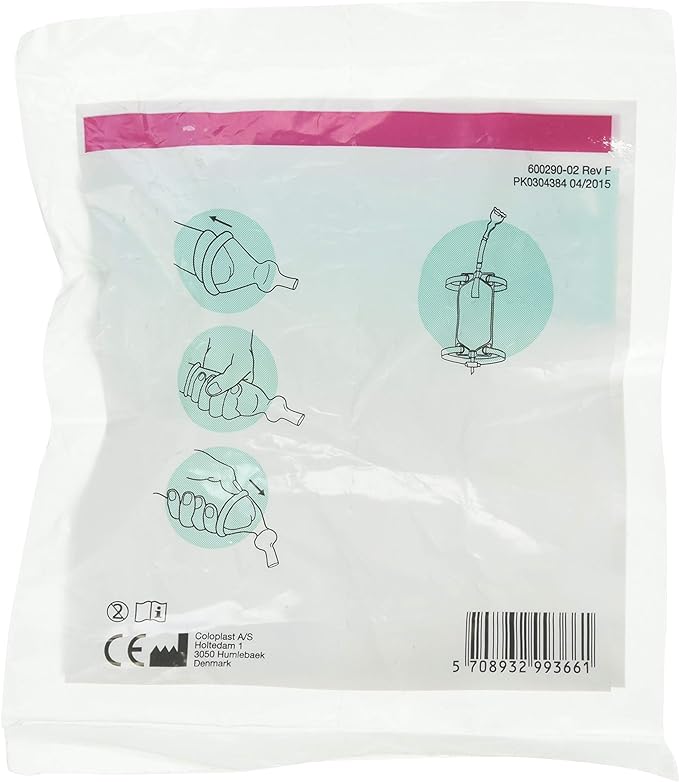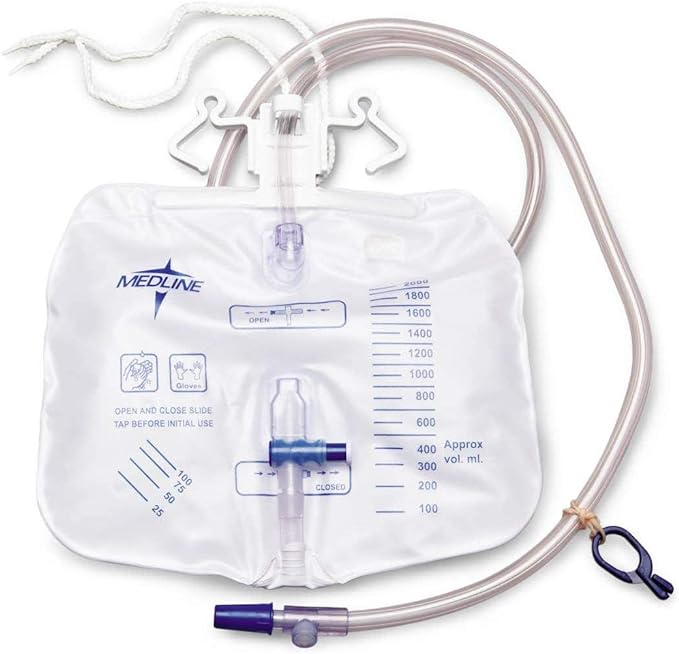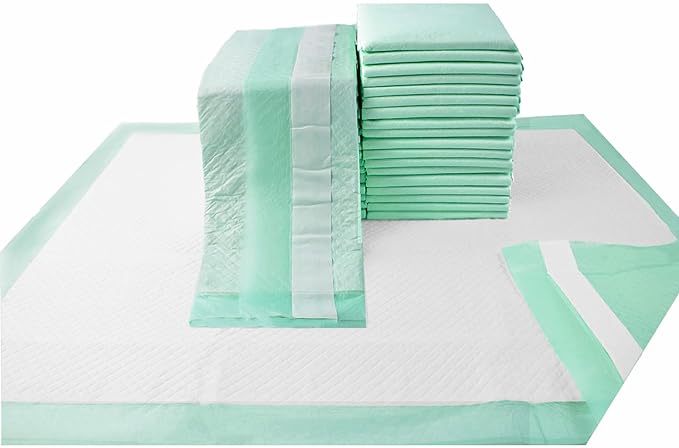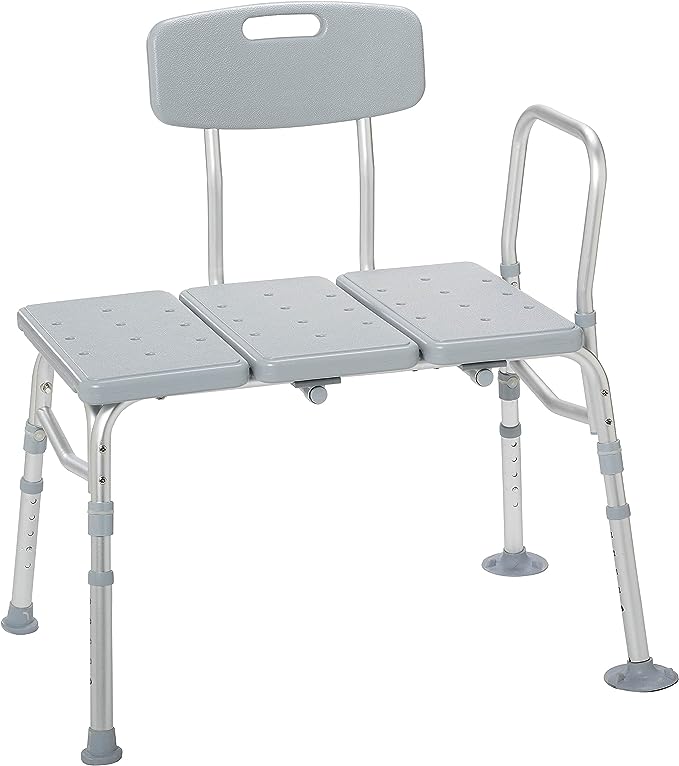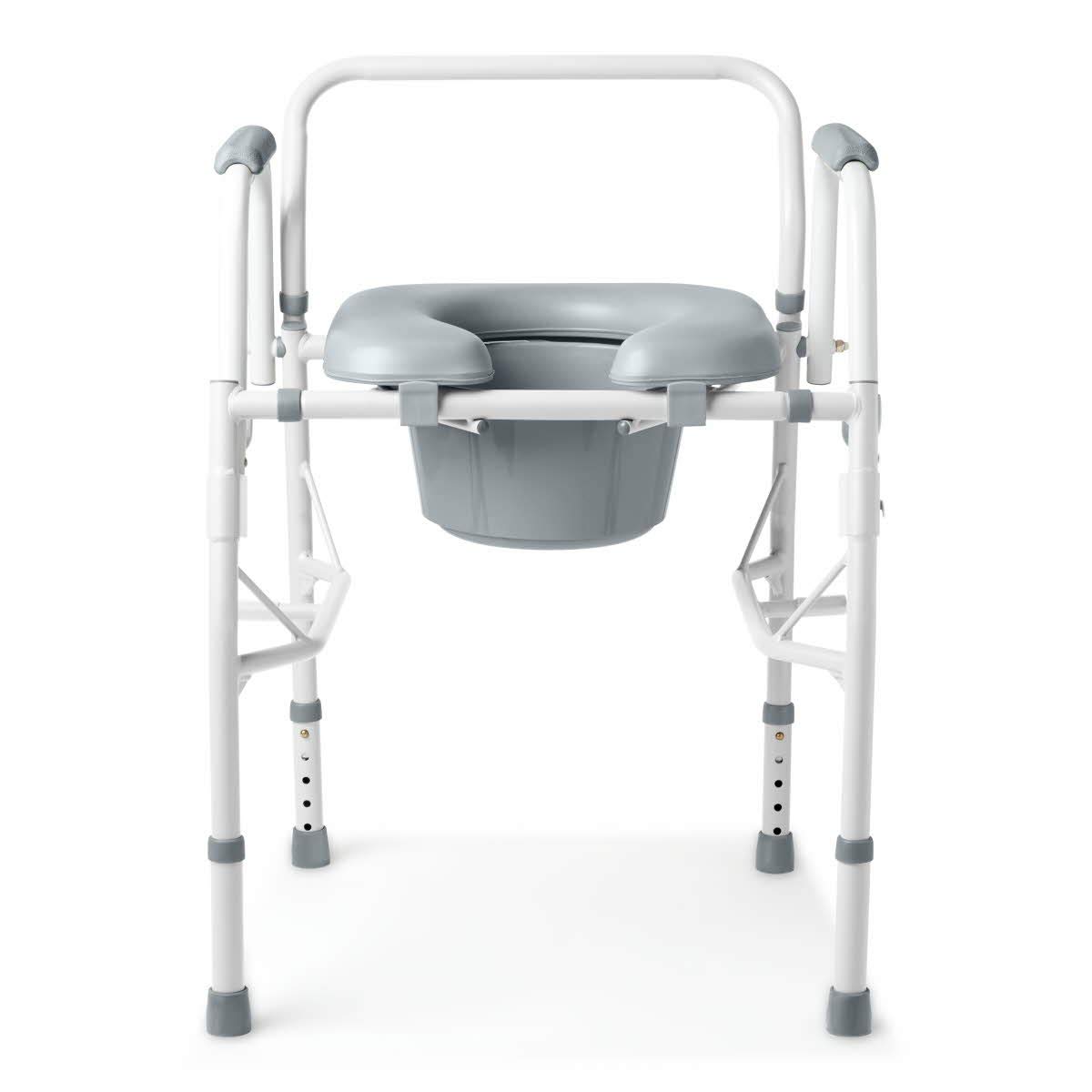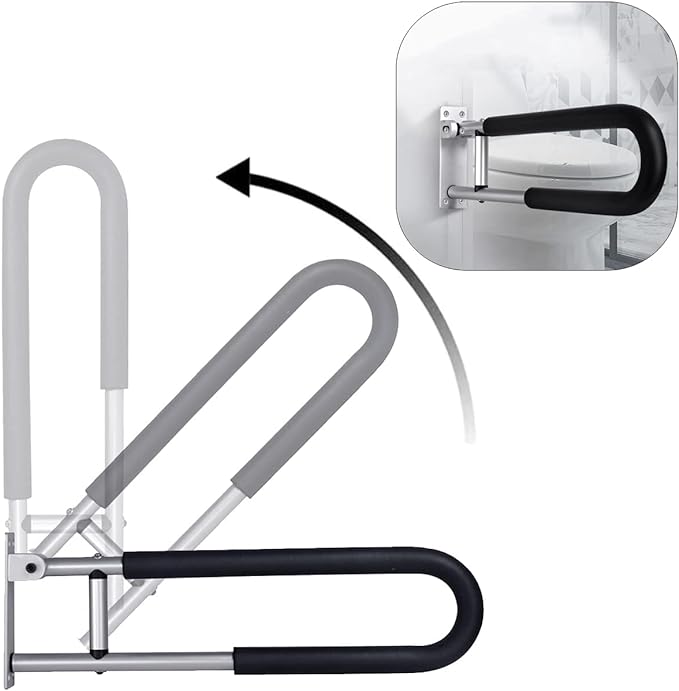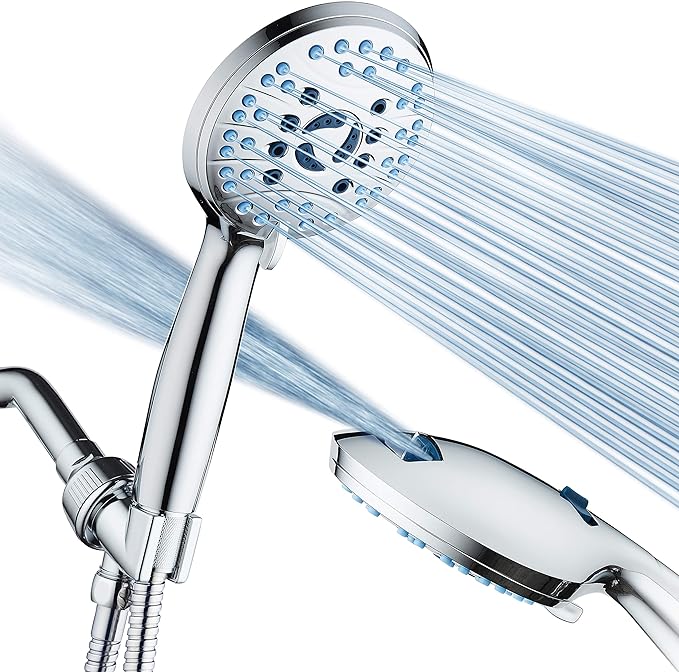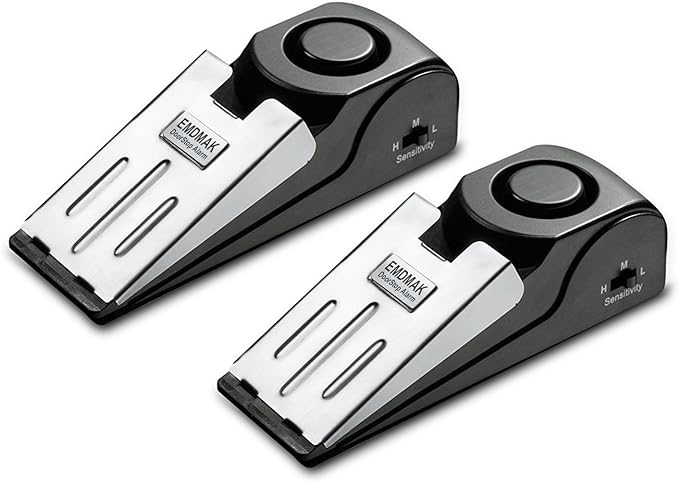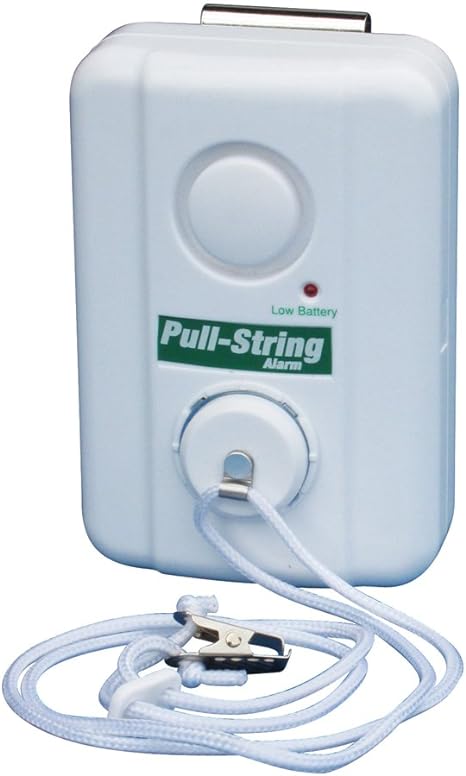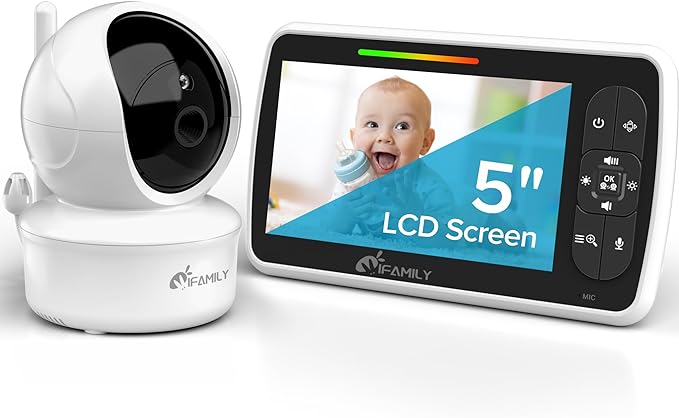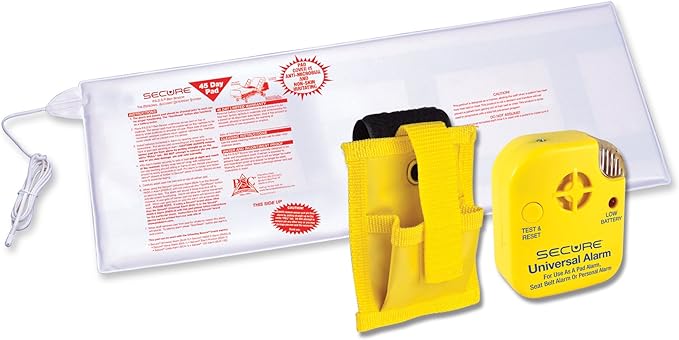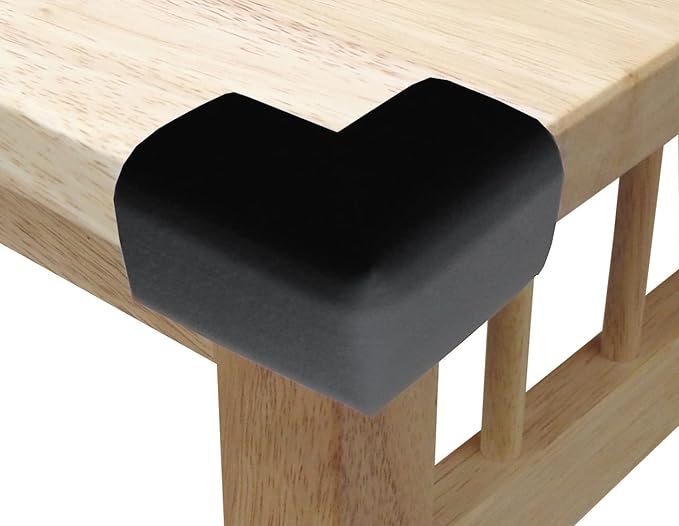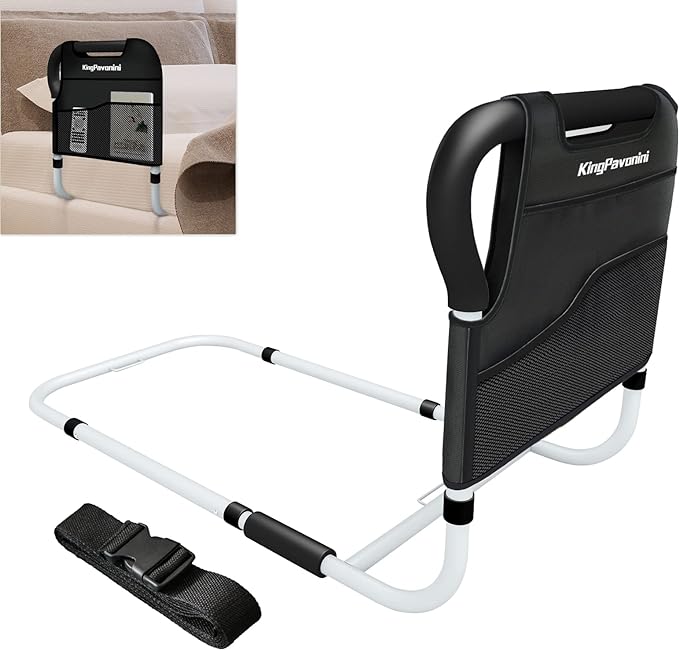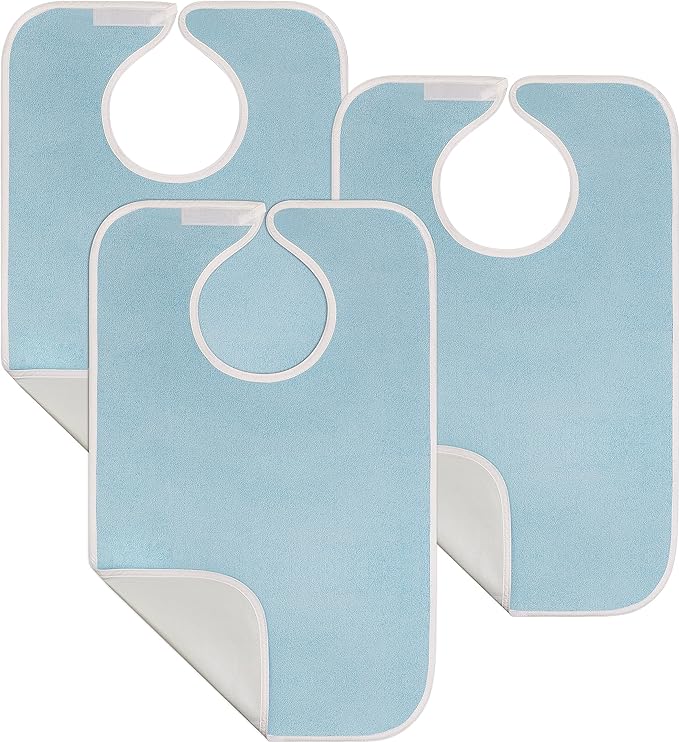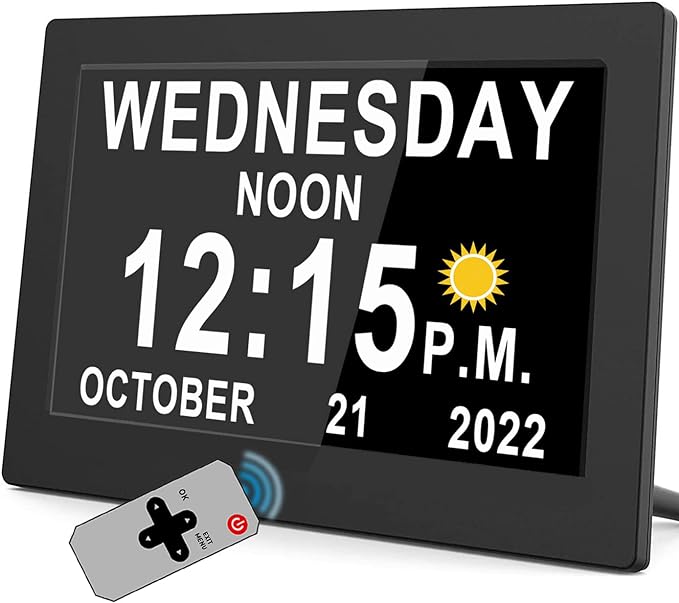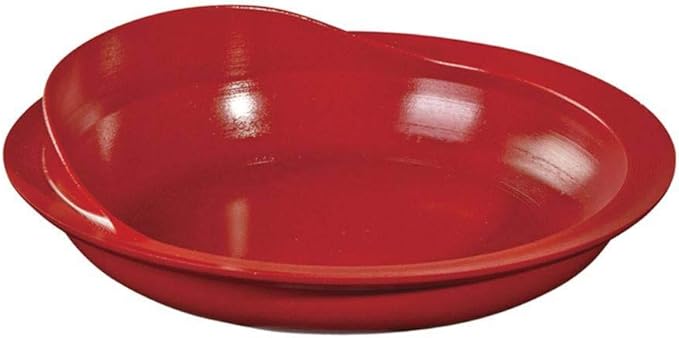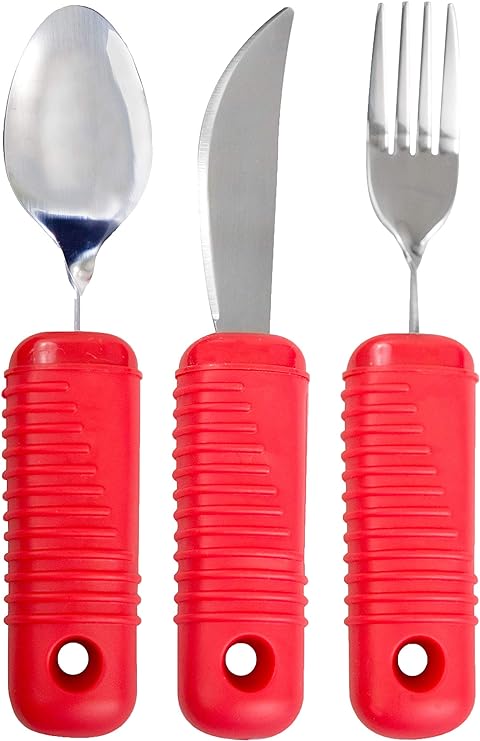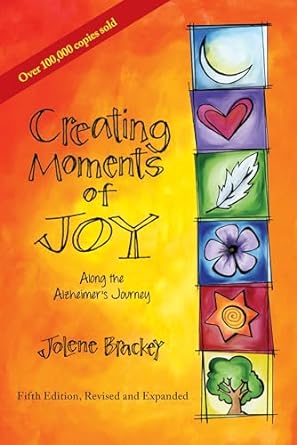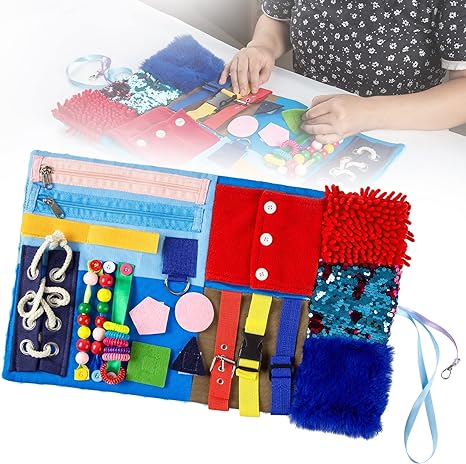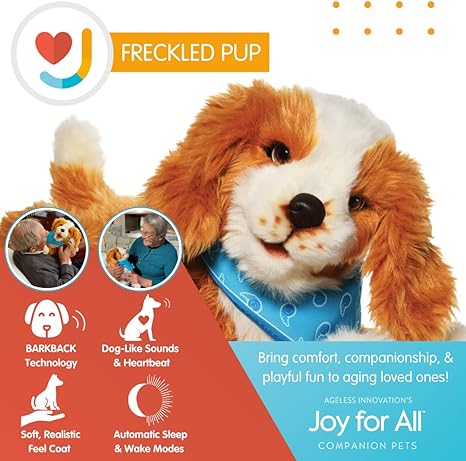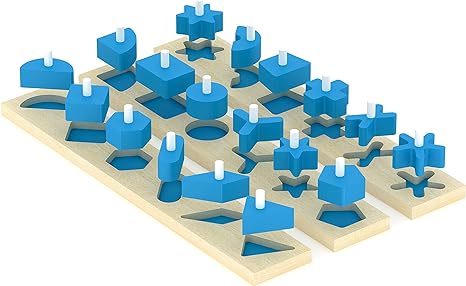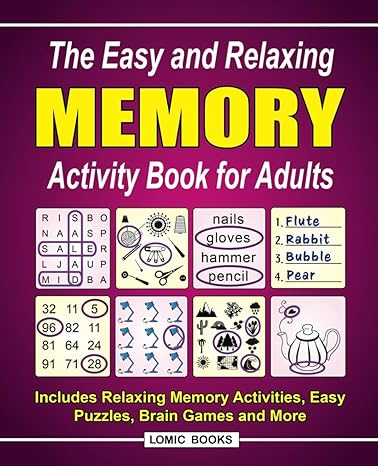Dementia Resources & Supplies:
What You Need To Know
We may earn money or products from the companies mentioned in this post.
Caring for someone with dementia at home comes with its challenges, but fear not! I’ve put together this treasure trove of Dementia Resources & Supplies to lend you a helping hand.
Why You’re Here: Have you ever wondered about the right equipment and products that could make your caregiving journey smoother? You’re not alone! I often receive questions from caregivers seeking reliable solutions, and that’s why this page is here—to make your life a bit easier.
My Personal Touch: You’ll find a variety of products here, many of which I’ve personally used. And guess what? When you make a purchase through these links, you’re getting great tools and giving me a virtual high-five! support means the world, and I hope these products bring as much comfort to you as they have to me.
Medicare and More: Remember, Medicare might cover some medical equipment like wheelchairs or beds. Check with your local medical equipment supply company to explore your options. Every bit of assistance counts!
Connect and Share: Don’t let the journey overwhelm you. Reach out to organizations or support groups—they’re there to guide you. Share your experiences, seek advice, and remember, you’re not alone in this. There’s a whole community ready to support you through the ups and downs.
Here’s to making caregiving a little brighter and a lot more manageable! 🌟
DEMENTIA PATIENTS IN THE MIDDLE TO LATE STAGE OF THE DISEASE OFTEN NEED THESE TYPES OF SUPPLIES AS THE DISEASE PROGRESSES.
MEDICATION SUPPLIES:
- Pill Cutter/Crusher: Useful for breaking pills into smaller doses if needed.
- Pill Organizer: A weekly pill organizer ensures medication is taken as prescribed.
- Medication Reminder Apps: Use smartphone apps to set alarms for medication times.
Weekly Pill Organizer
The pill box can store the amount of medicine for one week. Each day’s container is easily removed to have the whole days meds in one place.
The wording is very clear. It’s a helpful reminder for one day’s morning, noon, evening, and bedtime medication. Especially for those with early dementia still living on their own.
PERSONAL CARE SUPPLIES:
Taking care of someone with dementia can involve a lot of personal care. You may need supplies like those listed below.
- Bathing Supplies: Essentials like soap, shampoo, and washcloths for bathing.
- Shower Caps: Protect eyes and face during showers, especially if your loved one dislikes getting water in their eyes.
- Bath Wipes: Useful for quick cleanups between baths.
- Faucet Cover: Helps prevent accidental burns from hot water.
- Incontinence Supplies: Stock up on adult diapers, pads, reusable underwear, pull-ups, condom catheters, and bed pads.
- Adaptive Clothing: Clothing with easy zippers and snaps can simplify dressing routines.
Always Discreet Incontinence Underwear for Women
Many women in the early to middle stage of dementia will resist wearing any kind of pull-up brief, especially the bulky white ones. These pull-ups look like underwear and are much easier to talk someone into wearing.
Reusable Incontinence Underwear for Women
There is also reusable incontinence underwear. They are thick and will usually absorb up to 4 ounces of urine. These work well for women who will not wear depends. These may be a better option if you are on a tight budget.
Reusable Incontinence Underwear for Men
There are also reusable incontinence underwear for men. They are thick and will usually absorb up to 2 ounces of urine. Features a built-in incontinence pad that quickly traps liquid and provides great leak protection for mild to moderate incontinence. If you are on a tight budget these may be a better option for you.
Condom Catheters also known as Texas Catheters
These can be used during the day with a leg bag for the man who is still active and the gravity bag can be used at night. They are easy to use and do not have the risk of infection a regular catheter does since they are only used on the outside of the body. Nursing has been using them for many years.
They have a condom on the end and are applied to the penis. They are attached to a tube connected to a urine collection device. The collection devices can be rinsed out and reused. The condom caths come in different sizes and usually have a sticky area to help hold them in place. A condom cath can help prevent waking to a soaked bed in the mornings.
SAFETY SUPPLIES/EQUIPMENT:
Safety is essential when caring for someone with dementia. You may need to put locks on cabinets or doors, install handrails, and make sure there’s nothing sharp or dangerous around. You may also need to consider things like bed rails or shower chairs to prevent falls.
- Kitchen Stove Knobs: Use knob covers to prevent accidental stove operation.
- Table Corner Protectors: These help protect against injuries from sharp table corners.
- Door Alarms: These alarms can alert you when a loved one tries to leave the house, helping prevent wandering.
- Childproof Locks: Use these to secure cabinets with cleaning supplies or medications to keep your loved one safe.
- Shower Chair/Bench: Provides a safe and comfortable seat in the shower.
- Toilet Riser: Helps with easier toilet use, especially if mobility is limited.
- Handrails and Grab Bars: Install these in the bathroom to assist with balance and prevent falls.
- Bed Rails: These prevent falls and provide support when getting in and out of bed.
- Non-Slip Mats: Use them in the bathroom to reduce the risk of slips and falls.
Shower Bench Chair
There are different types of shower chairs. The type of chair you need will depend on whether you have a stand alone shower, bathtub, or a tub/shower combination. The best shower chair for a tub or tub/shower combination is the shower bench. It allows the person to sit on the bench before getting into the tub and just scoot over.
Fold Down Grab Bar
This toilet bar is ideal for helping them get up and now from the toilet. But it is most helpful during clean up. They can stand and hold on to it during cleaning.
Showerhead and hand held Sprayer
The hand held shower sprayer allows you to only spray water where you need to. Many people with Alzheimers become afraid of baths. When they are resisting the bath, they are at a higher risk of falling. The handheld sprayer doesn’t scare them as much as an overhead shower.
No Rinse Shower Caps
It is very difficult to wash someones hair when they are no longer able to get into the tub/shower or begin refusing to let you wach their hair. These shower caps are amazing. We use these in the hospital to wash our patients hair.
Vinyl Door Cover
This 3D self-adhesive door cover is a great way to conceal a door from someone with Alzheimer’s disease. Door covers like this are often used in memory care units.
Security Door Stop Alarm
This door stop alarm goes under the door and will sound when the door is opened.
Chair Exit Alarm
Sensor pad is placed in the chair. When someone sits on the pad it senses when the weight is removed. The alarm will sound as soon as they try to stand up.
Motion Sensor
Instead of sounding an alarm, the motion sensor sends a wireless signal to a pager carried by the caregiver. These work well aimed at the floor in front of the bed to let you know when they are getting out of bed.
Monitor With Remote Camera
Perfect for caregivers. The display monitor is portable and can be taken into other rooms. Audio allows conversation on both ends so you can respond from another room.
Stove Knobs
FIre safety is always a concern when someone with Alzheimers in the home. These knobs help deter loved ones from gripping the knobs.
Stop Sign Door Banner
The Stop Strip Door Banner and Stop Sign is an effective visual barrrier to the confused person when attemping to wander outside a room. Directs confused persons away from off limit areas.
Compact Bed Rail
Compact bedrail allows individuals to independently sit and stand up with greater ease, minimizing the risk of falls.
Cabinet Safety Locks
The Safety 1st OutSmart flex lock helps you keep them out with the first ever decoy button. Your loved one will think that the decoy button opens the lock, but pushing it has no effect. You’ll know that the flexible surface hides the actual secret to opening The lock. It installs easily with no drilling required.
DAILY LIVING AIDES:
- Adult Bibs: These protect clothing during meals and make cleanup easier.
- Scoop Dishes: Designed with raised edges, they assist with independent eating.
- Memory Aids: Consider large wall clocks, calendars, and whiteboards to help with orientation.
- Easy-to-Grip Utensils: These can make mealtime easier and more comfortable.
Adult Bibs
These adult bibs are easy to use and washable. They protect against spills during meals or messy projects.
Spillproof – Scoop Dish for Adults
Scoop plates with raised edges are designed to get the food from the plate to the utensil with one simple motion.
CAREGIVER RESOURCES
- Support Group Information: Connect with local or online caregiver support groups for advice and emotional support.
- Books and Guides: Consider reading materials on dementia caregiving to gain insights and strategies.
36 Hour Book
For 40 years, The 36-Hour Day has been the leading work in the field for caregivers of those with dementia and it has a great resource for many caregivers.
Alzheimer’s Through the Stages
This is one of my favorite books on Alzheimer’s. I highly recommend it for caregivers and other family members and friends! It will help them better understand what the caregiver goes through.
COMMUNICATION SUPPLIES:
As dementia progresses, communication can become more difficult. You may need to consider things like picture books or communication boards to help your loved one express themselves. You might also need to consider hearing aids or other devices to help them hear better.
- Picture Boards: These visual aids can assist in communication when verbal skills decline.
- Notebook or Journal: Keep a record of daily activities and any changes in behavior.
SENSORY COMFORT SUPPLIES:
Taking care of someone with dementia can be hard on both the caregiver and the person being cared for. You may need to consider things like soft blankets, comfortable pillows, or even aromatherapy oils to help create a calming atmosphere.
- Fidget Toys: These can help reduce anxiety and restlessness.
- Soft Blankets, Dolls, or Stuffed Animals: Provide comfort and a sense of security.
Fidget Blanket
Patient with Alzheimer or dementia will become anxious and nervous when they have nothing to do. the fidget blanket for dementia features touch-sensory exercises to relieve anxiety and provide many kinds of interesting game,help to relax.its a essential dementia products for elderly.
Silver Cat with White Mitts – Interactive Companion Pets – Realistic & Lifelike
Designed to bring comfort, companionship and fun to Elder loved ones. The ease of care and convenience paired with our state of the art technology makes for the best possible interactive experience for older adults living in senior communities or aging at home, and their caregivers or simply just a person that could use some extra company.
📣 Attention Dementia Caregivers
Navigate with confidence!
Our guide on when to call the doctor provides essential knowledge, helping you make timely and informed decisions
Do you know what to look for?
Our guide on when to call the doctor is a must-have!

ACTIVITY/ ENTERTAINMENT SUPPLIES:
Entertainment and Engagement:
- Puzzle Books: Crosswords, Sudoku, or picture puzzles can stimulate the mind.
- Music and Familiar Movies: Playing familiar tunes and movies can bring comfort and joy.
Colored Assorted Buttons
15 different colors of buttons in a plastic case are ideal for a sorting activity.
Shape Sorting
Activities for Seniors – A Shape Sorting Puzzle for The Elderly – Dementia – Alzheimer’s, Learning Disabilities
Dementia Resources for Dementia Caregivers
As a caregiver for a loved one with dementia, you may feel overwhelmed and unsure of where to turn for help. Fortunately, there are many resources available to support you in your caregiving journey. In this article, we’ll go over some of the most helpful resources available to dementia caregivers in the home.
First and foremost, it’s important to educate yourself about dementia and what to expect as a caregiver. There are many resources available to help you learn about dementia and how to care for someone with the disease. These resources can include books, online articles, and support groups. One of the best places to start is the Alzheimer’s Association, which offers a wealth of information and resources for caregivers. Their website (www.alz.org) offers a wide range of information about dementia, as well as resources for caregivers such as online support groups, educational materials, and a 24/7 helpline.
Another helpful resource for dementia caregivers is respite care. Respite care provides a break for caregivers by having someone else provide care for their loved one for a short period of time. This can be especially helpful for caregivers who need a break or who need to attend to other responsibilities. The National Respite Network (www.archrespite.org) is a good place to start when looking for respite care options in your area.
Support groups can also be an invaluable resource for dementia caregivers. Support groups provide a place to connect with other caregivers who are going through similar experiences, share tips and advice, and receive emotional support. The Alzheimer’s Association offers online support groups, as well as in-person support groups in many communities. You can also check with your local Area Agency on Aging or senior center for support group options in your area. We have a private Facebook caregiver support group, if you would like to join us, you can find us at https://www.facebook.com/groups/alzheimersinyourhome.
In addition to support groups, there are many other organizations and resources available to help dementia caregivers. Some of these include:
- Family Caregiver Alliance (www.caregiver.org): This organization offers a wide range of resources and support for family caregivers, including online support groups, educational materials, and caregiver training programs.
- National Institute on Aging (www.nia.nih.gov): The National Institute on Aging offers information and resources on dementia and caregiving, as well as information on clinical trials and research studies.
- AARP (www.aarp.org): AARP offers resources and support for caregivers, including articles, webinars, and a caregiver support line.
- Eldercare Locator (www.eldercare.acl.gov): This website provides a searchable database of resources and services for older adults and their caregivers, including information on caregiving, housing, and healthcare.
In conclusion, as a dementia caregiver in the home, there are many resources available to support you in your caregiving journey. Whether you need information on dementia, respite care, support groups, or other types of support, there are organizations and websites available to help. By taking advantage of these resources, you can help ensure that you and your loved one receive the support and care you need.
lnternet Alzheimer’s Resources
Alzheimers Association
Alzheimers Association Safe Return Program
https://www.alz.org/help-support/caregiving/safety/medicalert-with-24-7-wandering-support
Durable Medical Equipment covered by Medicare
https://www.medicare.gov/coverage/durable-medical-equipment-dme-coverage
Center Benefits Check up from the National Security on Aging
https://www.benefitscheckup.org/
National Alzheimer’s and Dementia Resource Center
Eldercare U.S. Administration on Aging connecting you to services for older adults
Home Health Agency Locater
https://www.medicare.gov/homehealthcompare/search.html
Local Health Departments: Many of these offices have a Resource Center that helps local residents access long-term support systems such as housing assist, transportation, and in-home services.
https://www.naccho.org/membership/lhd-directory
National Adult Day Service Centers
https://www.nadsa.org/consumers/
National Institute on Aging- Alzheimer’s Disease & Related Dementias
https://www.nia.nih.gov/health/alzheimers
National Respite Network: To Find Respite Care and Funding Options In Your Community
https://archrespite.org/consumer-information
Transportation for aging and disabilities
Veterans Benefits and Alzheimer’s Disease
https://www.va.gov/GERIATRICS/pages/Alzheimers_And_Dementia_Care.asp
Hi, I'm Larea, I am a Registered Nurse specializing in Dementia Care, with 30 years of experience supporting dementia patients and their families. Over the years, I have provided care in diverse settings, including homes, hospitals, nursing homes, assisted living facilities, and hospice. My passion is guiding caregivers, sharing my knowledge and experience to help them navigate the challenges of dementia care with confidence and compassion.

